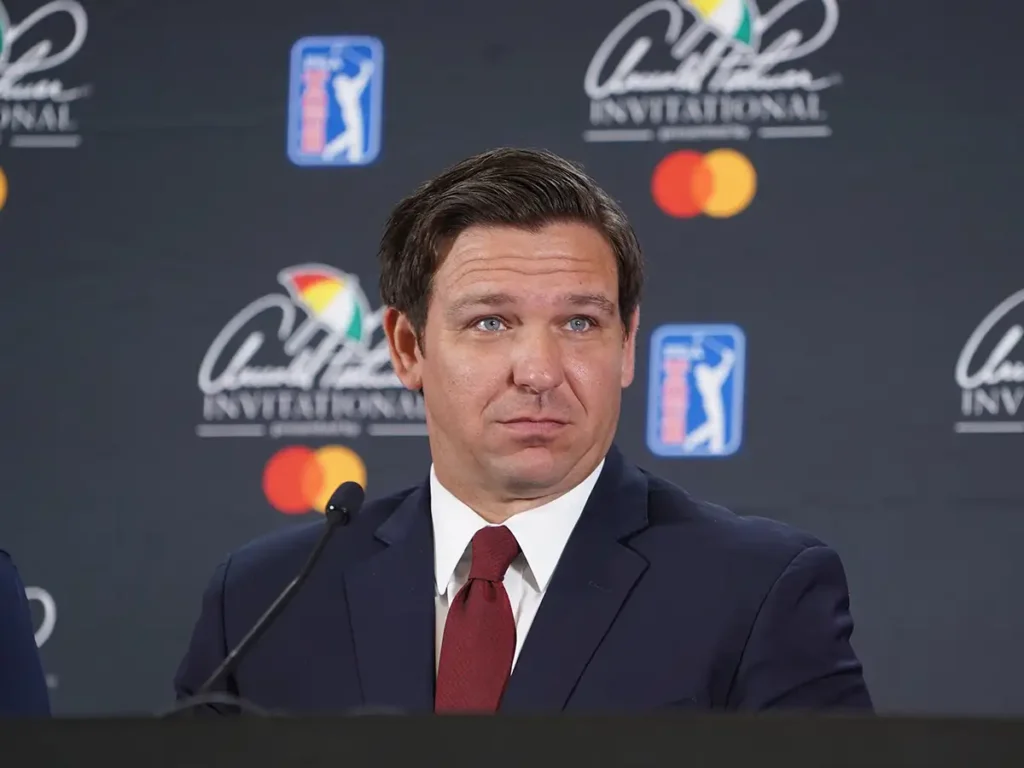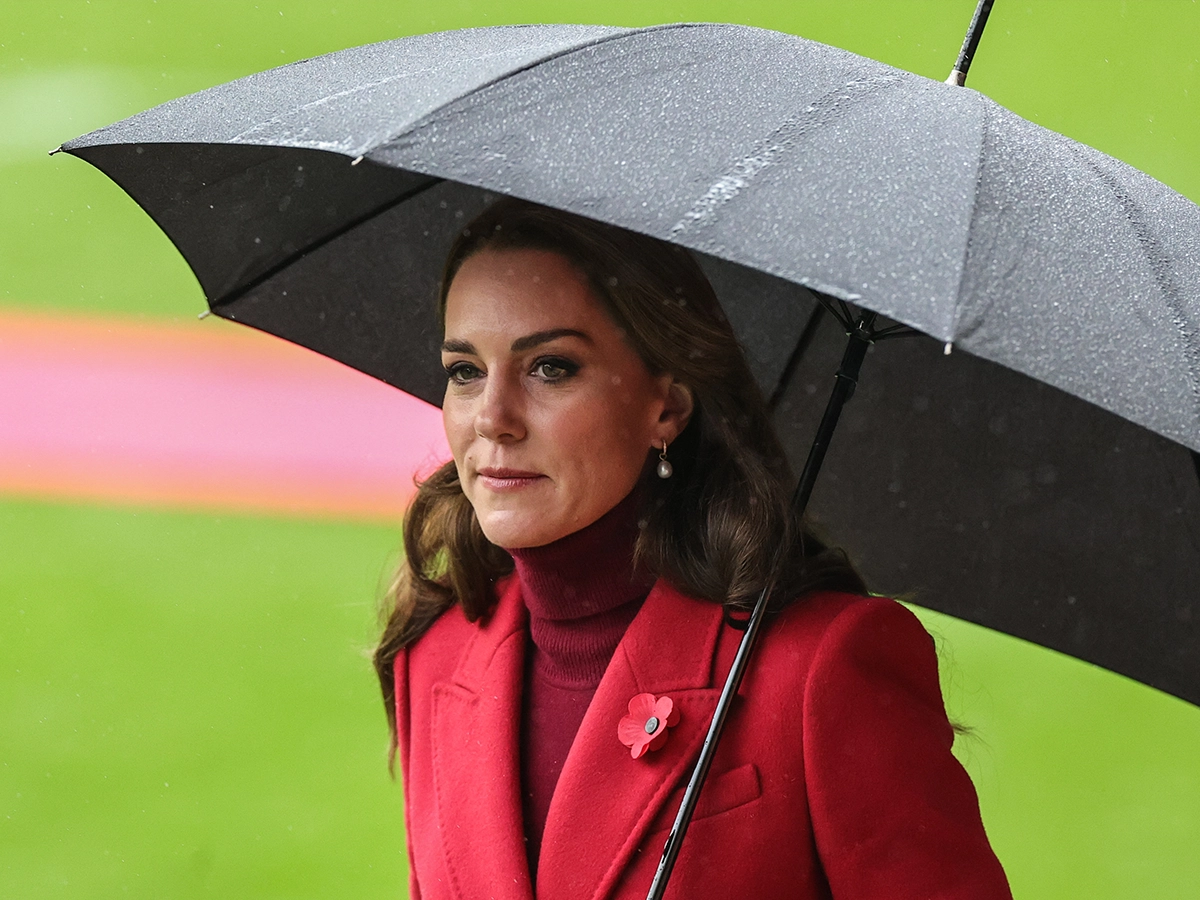Ron DeSantis Declines Running Mate Offer from Trump

Ron DeSantis, the Governor of Florida, recently made it clear that he has no interest in being former President Donald J. Trump’s running mate if Trump wins the 2024 Republican nomination. During an appearance on the “Wisconsin Right Now” radio show, DeSantis confidently stated, “I’m not interested in being a No. 2 guy.” He firmly believes that he is a leader and can achieve more as Florida’s governor, stressing that the vice presidency lacks true authority. The decision not to team up with Trump has fueled discussions about potential vice-presidential candidates and the dynamics of the upcoming presidential race.
Steven Cheung, a spokesperson for Trump, swiftly dismissed the idea of a Trump-DeSantis joint ticket, highlighting their current rivalry in the nomination race. Cheung minimized DeSantis’ significance, referring to him as “just a guy,’ sullen and sad, because his numbers are as tiny as him.”
While some voters have expressed their desire to see DeSantis as Trump’s running mate, forming a joint ticket presents logistical challenges. The 12th Amendment to the Constitution prohibits members of the Electoral College from voting for both a president and vice president from the same state. Since both Trump and DeSantis are from Florida, a joint ticket would mean giving up Florida’s 30 electoral votes. One potential solution could be Trump changing his residency back to New York.
The vice-presidential nominee for the 2024 Republican race remains uncertain, with several potential candidates in the mix. Aside from DeSantis, some names that have been floated as possible Trump running mates include former Gov. Nikki Haley of South Carolina, entrepreneur Vivek Ramaswamy, and Senator Tim Scott of South Carolina. However, some candidates have been critical of Trump during their campaigns, making them less likely choices. Trump’s advisers have also suggested that he may not see the need for a running mate, as he believes he can secure victory on his own.
With the presidential race still in its early stages, it is unlikely for major contenders to express public interest in the vice-presidential role. Former Vice President Mike Pence has already stated he has no intention of running for vice president again, and other candidates, such as Chris Christie and Vivek Ramaswamy, are focused on their own presidential bids. As for Ms. Haley and Mr. Suarez, their campaigns have not immediately responded to inquiries about the vice-presidential role.
DeSantis’ decision to distance himself from Trump reveals the complexities of the 2024 presidential race. Despite facing legal investigations, Trump maintains strong support among a dedicated base of voters. According to a recent NBC News poll, 51% of national Republican primary voters have chosen Trump as their top pick for the GOP presidential nomination. He leads his opponents, including DeSantis and former Vice President Mike Pence, by a significant margin.
The 2024 Republican nomination race features several potential candidates vying for the spotlight. Besides DeSantis and Trump, other contenders, such as former Texas Congressman Will Hurd, Governor Doug Burgum of North Dakota, and conservative talk radio host Larry Elder, have launched long-shot bids for the presidential nomination.
As the race unfolds, DeSantis remains focused on his current role as Florida’s governor. He secured re-election with a double-digit margin, reflecting his popularity among Florida voters. DeSantis is now navigating the early primaries, seeking to appeal to a diverse range of voters and demonstrate his broad-based support.
The 2024 Republican nomination race is marked by speculation and anticipation as potential candidates, their policies, and strategies come under scrutiny. With DeSantis declining to join Trump on the ticket, the dynamics of the election may be reshaped, leaving observers eager to see which candidate emerges as the GOP’s presidential nominee.







Have your say